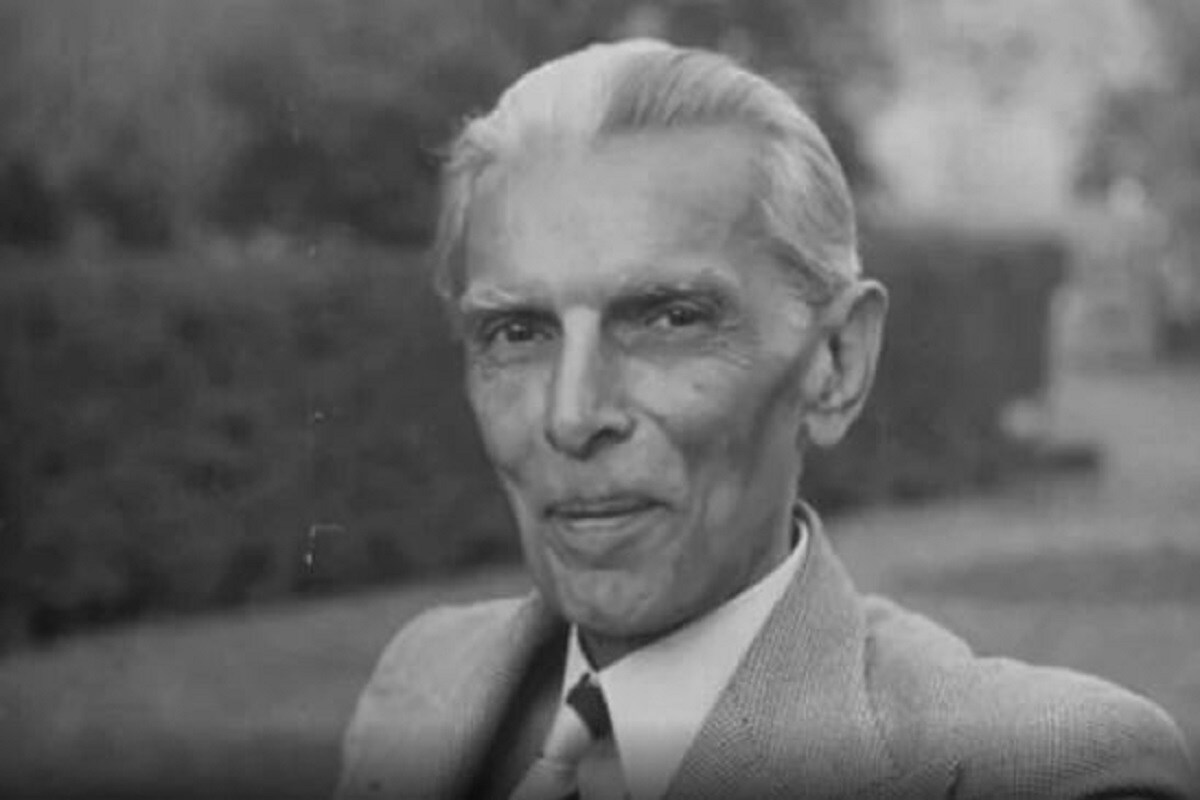
When Muhammad Ali Jinnah succeeded in creating Pakistan, a separate nation for Indian Muslims, he envisioned a secular and democratic model for the world to follow. In his first presidential address, he said: “You are free; you are free to go to your temples, you are free to go to your mosques or any other similar place in this state of Pakistan. “He added that a Pakistani can be of any religion, caste or creed, but the state has nothing to do with that.
That secular and democratic Pakistan is now officially an Islamic republic. It has witnessed three major military coups, a constitutional coup led by the Pakistani army chief, and many other mild military coups from time to time, reminiscent of the political establishment that it is the Pakistani army that rules the nation.
Pakistan’s army chiefs have ruled Pakistan directly for over 35 years and indirectly since 1954 when the Pakistan Constituent Assembly, which was drafting its constitution, was dissolved with the support of the army. Twenty percent of Pakistan’s annual budget goes to the military. Pakistan’s military is intertwined with the country’s economy. He runs more than 50 commercial entities. The Fauji Foundation, the most important trading arm of the Pakistan Army, has an annual income of around $ 1.5 billion. It governs the country’s real estate, communications and food businesses.
Ayesha Siddiqa detailed in her 2007 book, ‘Military Inc: Inside Pakistan’s Military Economy’, how the Pakistani military owns 12% of the fertile land in Pakistan and the estimated value of 100 senior military officers should be at least $ 3.5 billion. Pakistan has had civilian governments since 2008, but the country has seen at least two major soft coups by the Pakistani military since then, including the current one in Pakistan’s Sindh province. Right now, the Pakistani army is fighting a pitched battle with the Sindh police in Karachi.
The Pakistani Army Rangers have been placed on high alert and the resulting standoff so far has claimed the lives of 10 policemen. Five army officers have also reportedly been killed. More than a dozen high-ranking police officers have gone on leave to register their protest. Sindh police rebelled following the kidnapping of Sindh IGP police by a Pakistani paramilitary force on Monday. Sindh’s chief police officer, Mushtaq Ahmed Mahar, was held hostage for four hours and forced to register a case and arrest Nawaz Sharif’s son-in-law.
In 2014, Pakistan saw another soft blow from the Pakistani military. Pakistan’s current prime minister, Imran Khan, was then a rising political star and he, along with Tahir-ul-Qadri, a Pakistani cleric based in Canada, led a massive and violent protest in the Pakistani capital Islamabad. They demanded the removal of Sharif’s government, saying it was involved in corruption and vote rigging. The protests weakened Sharif’s government and the Pakistani military was quick to gain ground as it entered the political crisis. He worked as the main negotiator between the Pakistani government and the protesters, even as the Sharif government had already made it clear that it was not seeking the support of the army.
HOW JINNAH PUT PAKISTAN ON GROUND TOO
Jinnah was successful diving in India, but forgot that the creation of Pakistan revolved primarily around religion and that the new nation needed even greater efforts to remain a secular and democratic entity, away from the clutches of religious fanaticism. He, in fact, was the reason why Pakistan took the path of becoming an Islamic nation relying on military power at a time when the nation had just been born. Jinnah may not have foreseen it when he ordered the Pakistani army to launch an offensive in October 1947 against India in Jammu and Kashmir, a Muslim-dominated princely state, to gain access to it in Pakistan, but Pakistan is still recovering from the consequences.
Jinnah died in September 1948. In 1949, Pakistan began the process of preparing its Constitution. Twelve guiding principles were adopted, and Islam is specifically mentioned in three clauses. It was the beginning of the process of complete Islamization of Pakistan. The 1953 constitutional coup shows how quickly the Pakistani military gained center stage in a nation that its founder, Jinnah, dreamed would shine on democratic and secular values.
Pakistan’s army chief General Ayub Khan lobbied Pakistan’s Governor General Ghulam Mohammad to remove Pakistan’s Prime Minister Khawaja Nazimuddin and his elected government in 1953. In 1954, Pakistan’s constituent assembly that was drafting his Constitution was also removed. The 1956 Constitution of Pakistan erased every last particle of Jinnah’s dream when Pakistan officially became the Islamic Republic of Pakistan.
Pakistan saw its first military coup in 1958 when General Ayub Khan orchestrated a military coup and removed and exiled the first Pakistani president, Iskander Mirza. He continued as president until 1969 and was replaced by General Yahya Khan.
Zulfiqar Ali Bhutto, who became prime minister in 1973, saw a military coup by General Zia ul-Haq in 1977. Bhutto was allegedly involved in vote rigging. General Zia assumed the presidency in 1978 and launched the Islamic legal system in Pakistan. Zulfiqar Ali Bhutto was hanged in 1979. General Zia was killed in a plane crash in 1988 and Benazir Bhutto, the daughter of Zulfiqar Ali Bhutto, became prime minister after winning the general election, but the elections were only held after that the Pakistani army did not object.
A fractured democracy, dependent on the Pakistani army, continued for 11 years when Pakistan saw the next military coup in 1999. General Pervez Musharraf seized power in 1999, deposed Nawaz Sharif in a bloodless coup, declared himself president in 2001 and remained in office until 2008 when Pakistan returned to civilian rule again.
Disclaimer:The author is the founder and CEO of Campaign for Uyghurs. The views are personal.
.